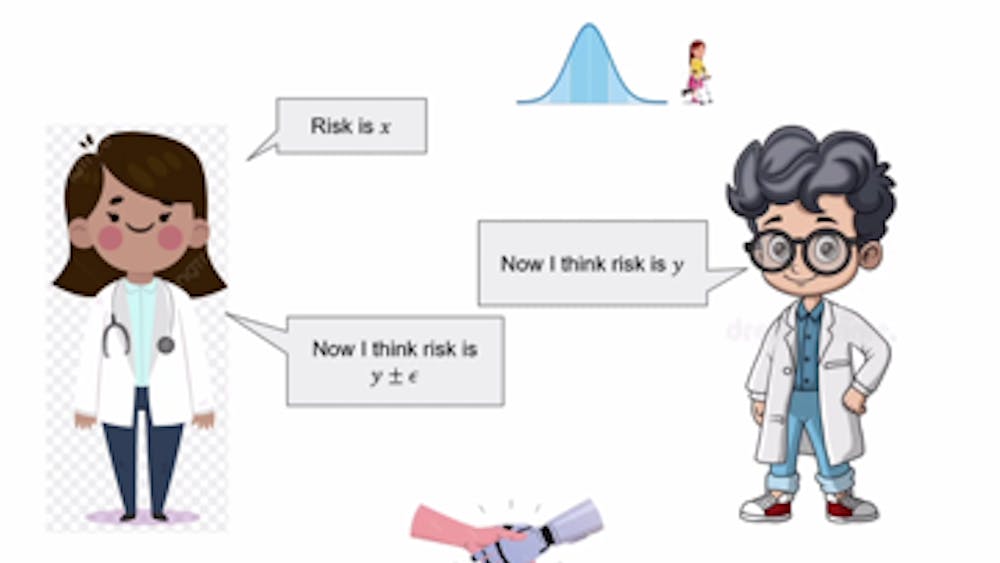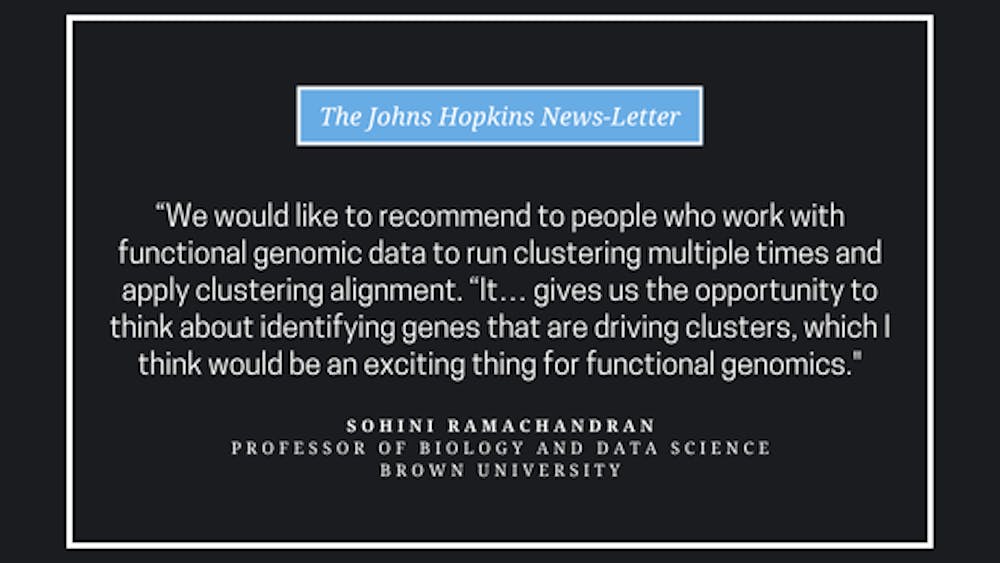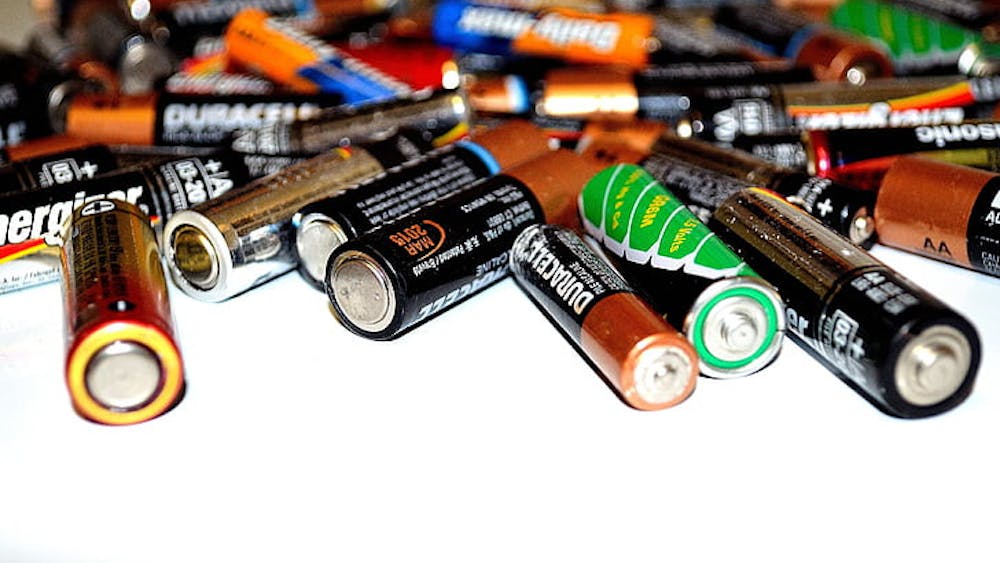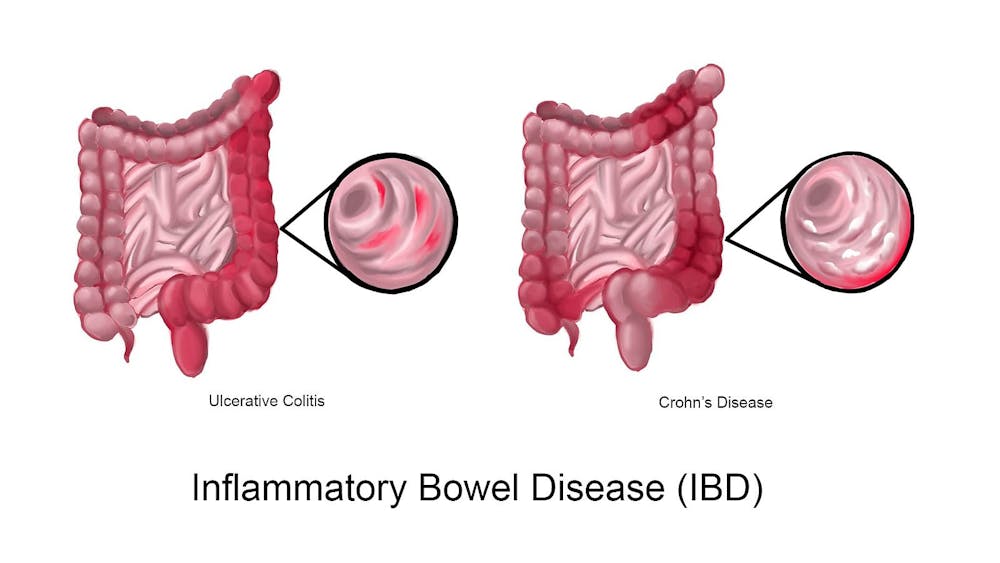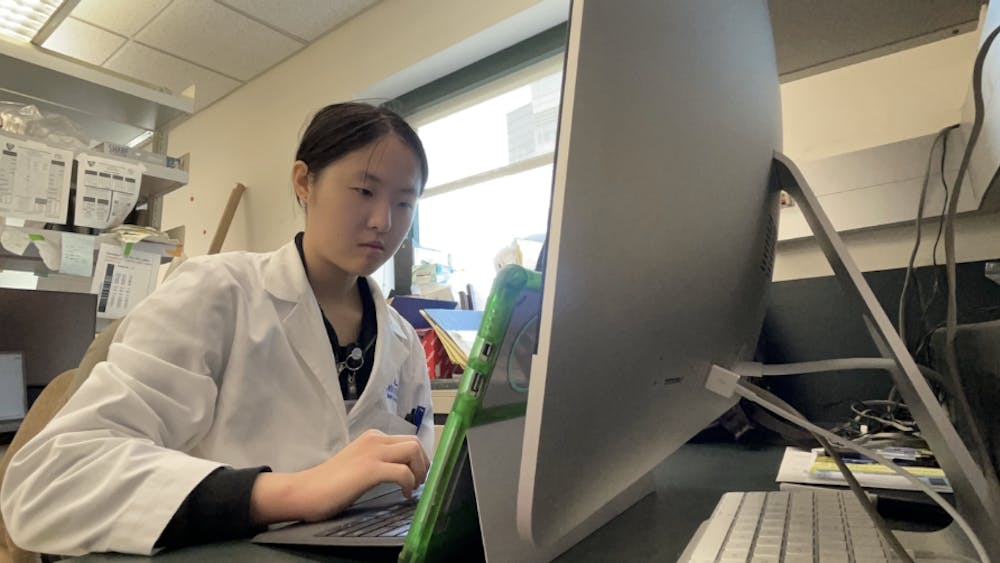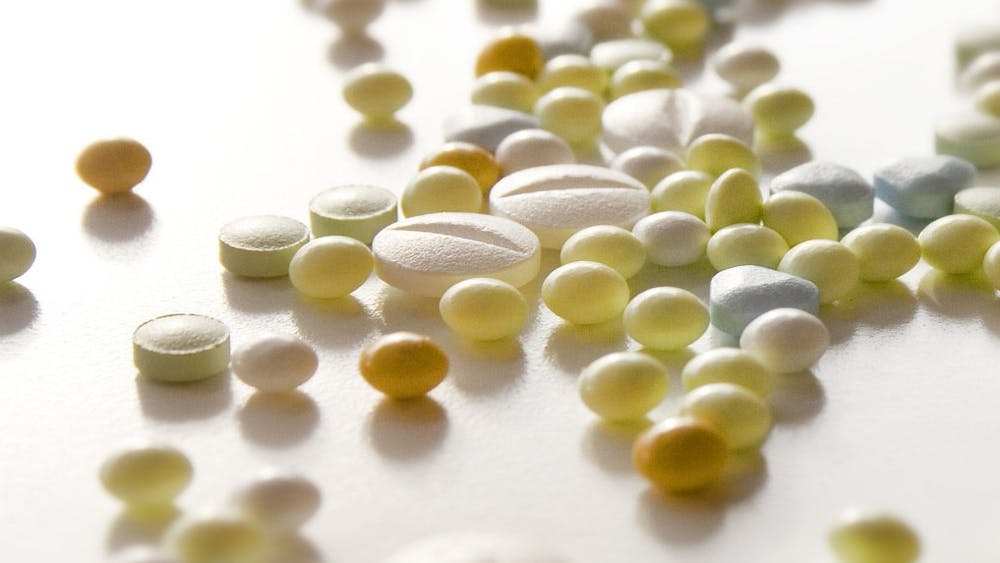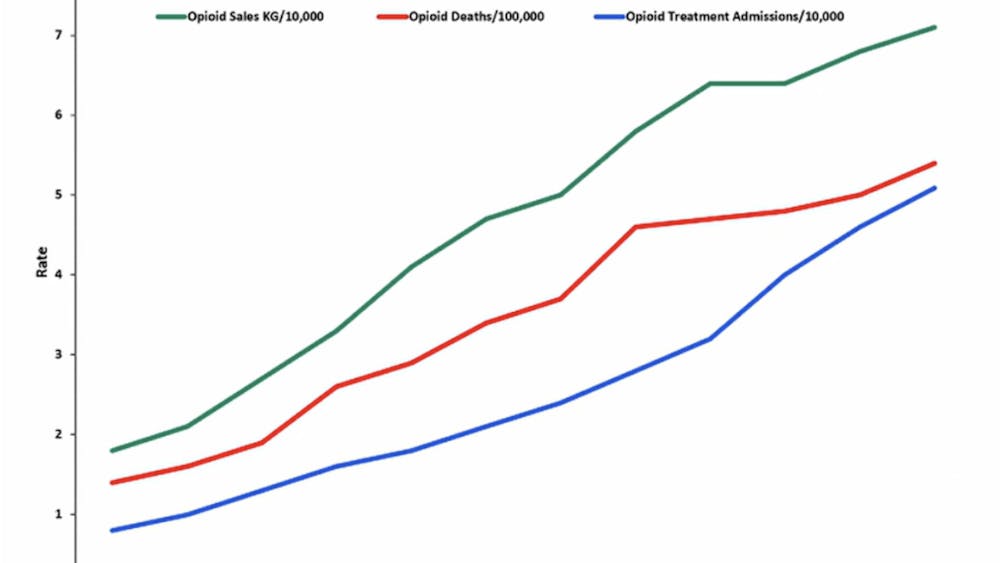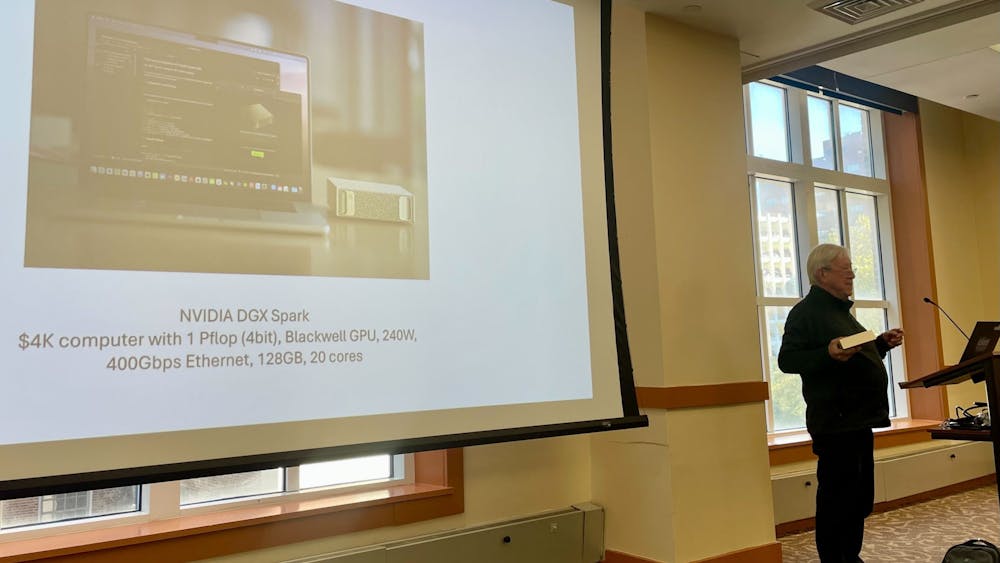Hopkins doctoral students selected for 2025 Amazon AI Fellowship Program
By ALEX PAN | November 20, 2025On Oct. 27, the Whiting School of Engineering announced the selection of seven Amazon AI PhD Fellows. The program, initiated this year, provides $68 million in funding over two years to over 100 doctoral students at nine universities including Hopkins. Students are first nominated internally, and then apply to the fellowship.







